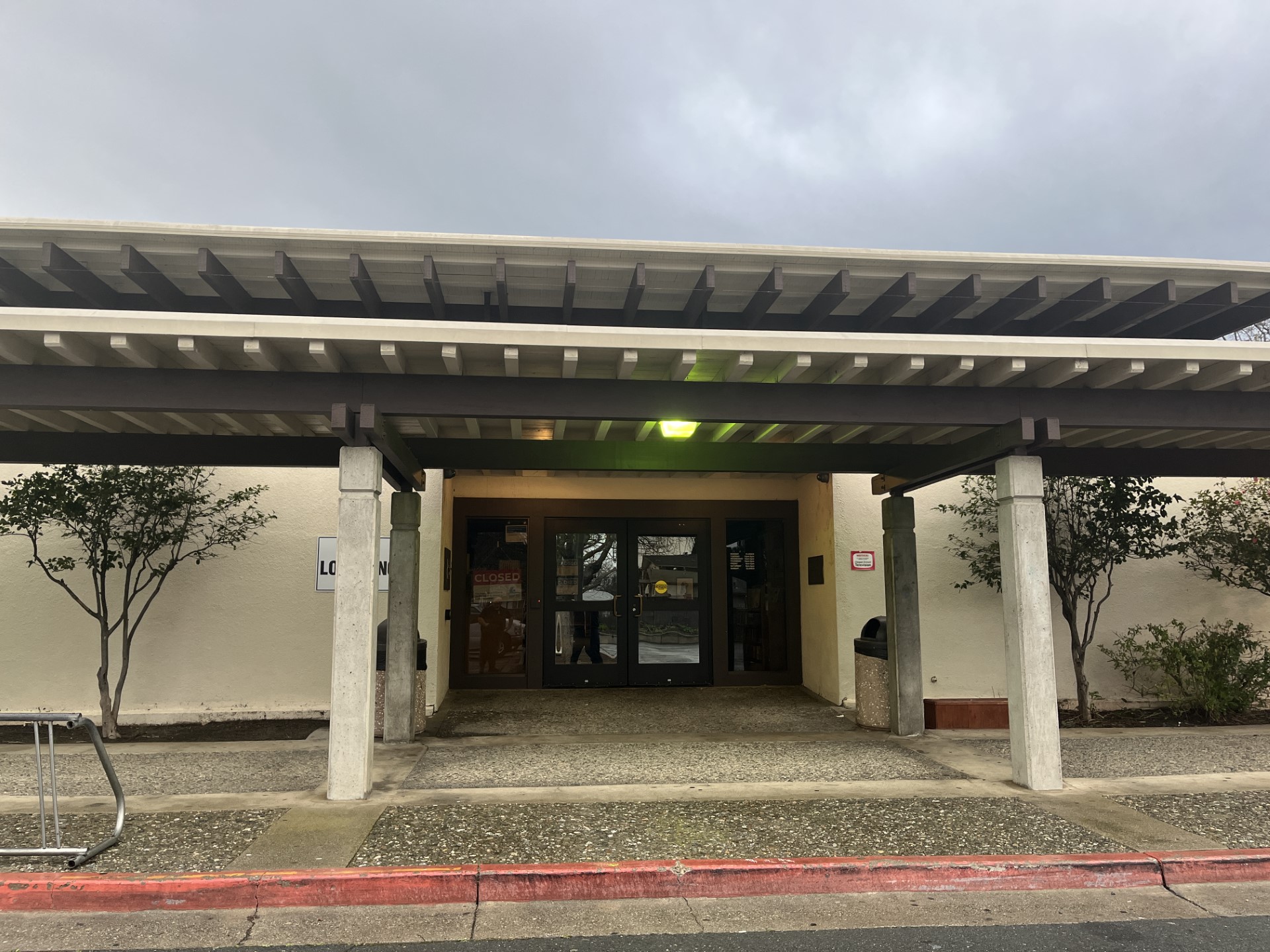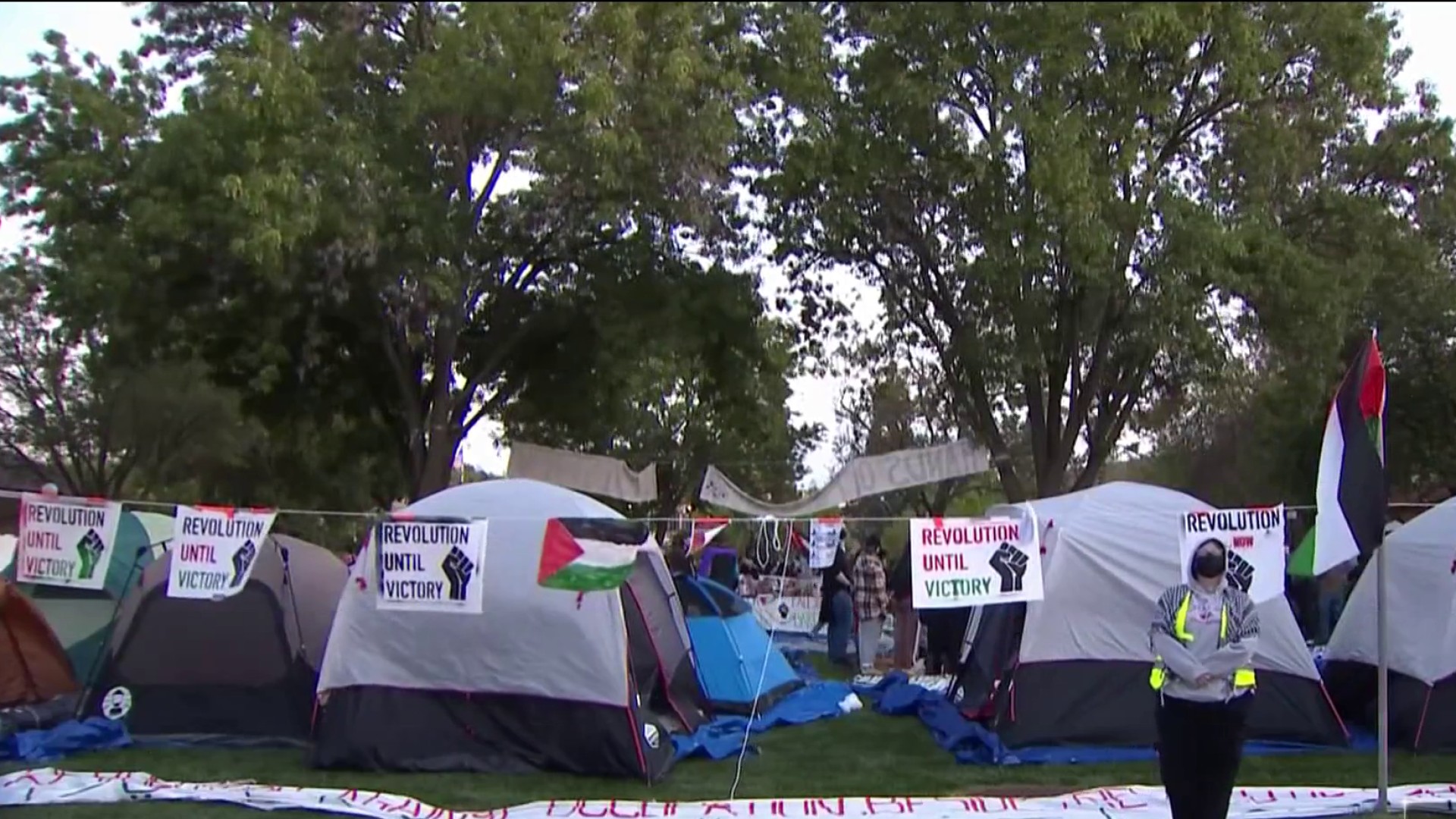Kaiser Foundation Hospital in San Francisco is the target of an ongoing criminal probe following the death of an elderly patient in late 2015, NBC Bay Area’s Investigative Unit has learned.
According to a San Francisco Police Department search warrant affidavit, authorities are investigating whether a nurse committed a crime by silencing an alarm on a medical device hooked up to 86-year-old Quay Quach.
“There are questions surrounding this death, and we are going to get answers to that,” Assistant District Attorney Alex Bastian said.
Quach, who led his family to Daly City after fleeing Vietnam four decades ago, was undergoing treatment for kidney failure and a heart attack at the Geary Boulevard facility in December 2015.
Quach was in the intensive care unit, the California Department of Public Health’s investigation concluded, when a dialysis tube feeding blood back into his body came loose. That triggered an alarm on the device intended to notify hospital staff of any abnormalities.
Family members told state investigators that rather than checking under a blanket, the nurse simply silenced the alarm and left the room without checking further.
“All of a sudden, everything went south,” said Quach’s grandson Kevin Tran, who was standing at Quach’s bedside when it happened.
Local
When the nurse pulled back the blanket, Tran and his sister saw a pool of blood had formed and that the line from the dialysis machine had become disconnected. Quach died two days later.
“The way he went, it just tore my family apart,” Tran said. “They are just heartbroken.”
The family’s attorney, William Weiss, said data from the dialysis machine indicates the alarm sounded for 13 seconds before it was silenced.
“You just have to be outraged,” Weiss said.
According to the report by the California Department of Public Health, the nurse told state investigators she never heard any alarm. But state officials fined Kaiser $47,000 for Quach’s death and $11,700 for not reporting the incident as the law requires.
The state’s investigation also found Kaiser threw away key evidence, such as Quach’s dialysis tubes, which Weiss contends is evidence of a cover-up.
“Absolutely, it was a cover-up,” Weiss said. “Why would she tell the state that no alarm went off? Why would Kaiser have those parts thrown away and put the machine back in use? It sounds like a cover-up to me.”
Kaiser turned down an interview request from NBC Bay Area but said in a statement it has recently revamped training and care protocols.
“We sincerely regret that this incident occurred and extend our sympathy to the family involved,” Kaiser said about the case. “While such a case is rare, we take full responsibility for the provision of safe, quality care to our patients.”
The criminal investigation into Quach’s death is ongoing. Patient advocates say that kind of attention in an incident like this is rare.
“We have talked to patients and their families around the country who have taken their case to the police,” said Lisa McGiffert, director of the Consumer Union's Safe Patient Project. “Most of them have been turned away.”
McGiffert said it’s critical for families to report incidents to state investigators because hospitals routinely fail to do so.
“If no one reports it, then the Department of Public Health is not likely to find out about it,” McGiffert said.
McGiffert said hospitals can be chaotic places, and patients should ideally have someone by their side ready to speak up or ask questions.
"If you're in the hospital with a loved one, don't be afraid to ask questions or bring to the attention of the nurses or doctors things that look unusual," McGiffert said.
Quach had hoped to join his family in a hilltop house being built in Brisbane, but Tran said their dream home is now on hold as the family grieves. Quach had been an architect in North Vietnam before fleeing persecution of the ethnic Chinese population there. He had been a church custodian and handyman before retiring to spend time with his family.
“It’s tough enough seeing a loved one die, but it’s worse when that loved one was such an influence on your life,” Tran said. “He was the kind of person who when I grow up, I want to be just like him when I’m 80 years old.”
The family is now seeking damages through an arbitration case with Kaiser as the criminal probe continues. The nurse could also lose her license pending the outcome of a state investigation.



